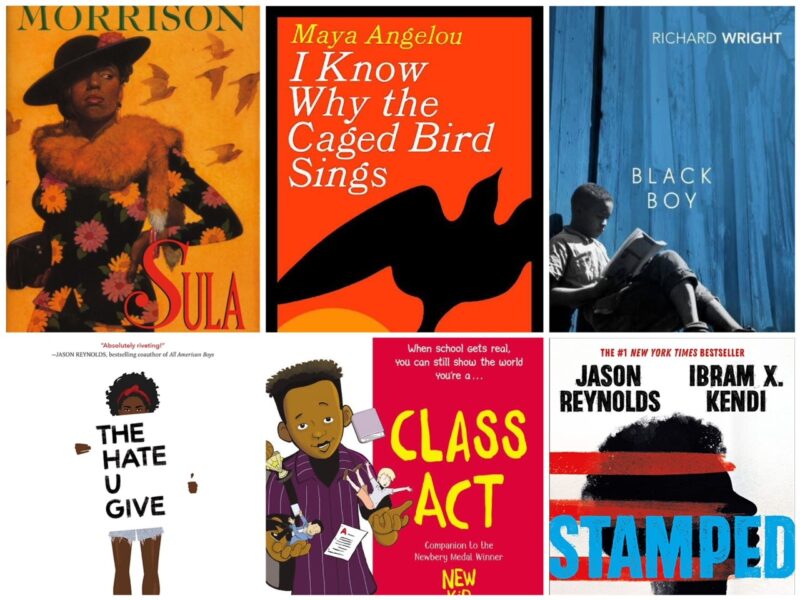Black authors have faced a long-standing history of censorship and book banning. It is often the case that books written by black authors, featuring black characters, and exploring themes of race, oppression, and discrimination have been subjected to attempts of censorship and removal from schools and libraries.The banning of books serves as a form of suppression, limiting access to information, and creating a culture of fear around certain topics. It is a regressive practice that contradicts the very foundations of freedom of speech and freedom of expression.One of the earliest examples of book banning in the United States was the banning of Uncle Tom’s Cabin, written by Harriet Beecher Stowe. The novel, published in 1852, depicted slavery and the cruelty that accompanied it. Southern states quickly banned the book, seeing it as an attack on their way of life and an incitement to rebellion.Fast-forward to the 20th century, and we see examples of books written by black authors being banned for similar reasons. James Baldwin’s Go Tell It on the Mountain, Maya Angelou’s I Know Why the Caged Bird Sings, and Toni Morrison’s The Bluest Eye have all been targets of censorship attempts.These books, which were groundbreaking in their exploration of black voices and the black experience in America, faced opposition from white parents and administrators who claimed that they were inappropriate for young readers. They were accused of being “too graphic” and “promoting immorality,” simply for featuring black characters and their experiences.The banning of books, particularly those written by black authors, not only limits access to important narratives and ideas but also reinforces systemic racism. It suggests that certain stories are not worth telling and that certain experiences are not worth hearing. It perpetuates the view that marginalized communities should remain silent and that their stories are not of value to the broader public.It is essential that we recognize the importance of books – particularly those that explore the black experience – and the dangers of book banning and censorship. Access to diverse literature is vital for building empathy and understanding, challenging stereotypes, and promoting inclusivity.As we take steps towards creating a more equitable and just society, it is essential that we celebrate and amplify the voices of black authors and ensure that their work is accessible to all. We must stand against censorship and book banning, and recognize the vital role that literature plays in shaping our understanding of the world around us.
73 Ocean Street, New South Wales 2000, SYDNEY
Contact Person: Callum S Ansell
E: callum.aus@capital.com
P: (02) 8252 5319








